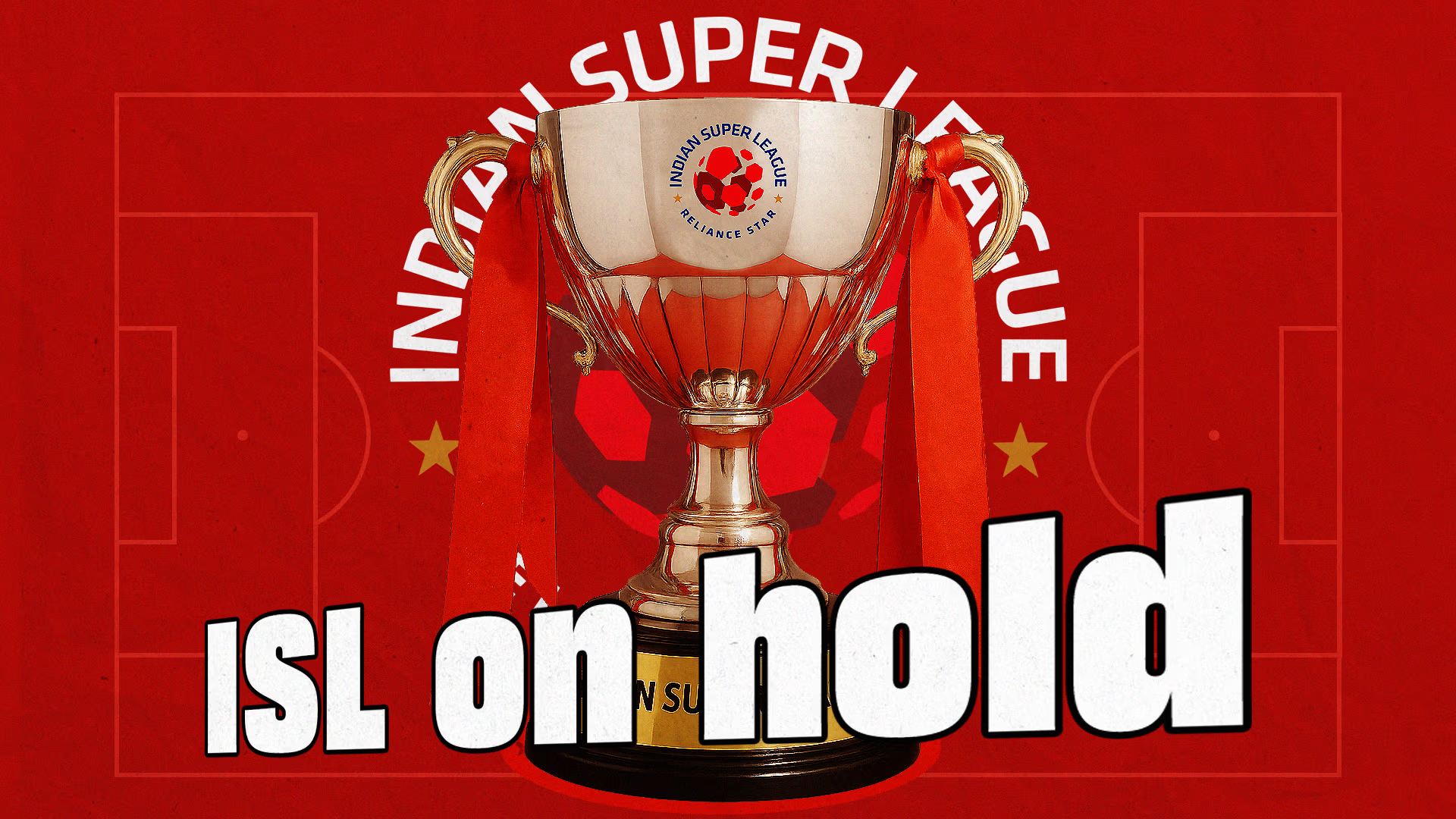
ISL on hold – What it means
The 2025–26 season of the Indian Super League (ISL) has been officially put on hold due to unresolved discussions between Football Sports Development Limited (FSDL) and the All India Football Federation (AIFF) over the renewal of their Master Rights Agreement (MRA). With the current MRA set to expire on December 8, 2025, and no fresh deal in place, FSDL has informed clubs it cannot proceed without contractual clarity, leaving India’s top-tier football league in limbo. The ISL, recognised as the country's premier league since 2019, now finds itself at a critical juncture, with stakeholders at odds over commercial control, governance, and the league’s long-term structure.


League suspended due to lack of clarity
FSDL informed clubs via a letter on July 11 that it cannot plan, organise, or commercialise the 2025–26 season without a confirmed contractual framework. “In the absence of a confirmed contractual framework beyond December, we find ourselves unable to effectively plan, organise, or commercialise the 2025–26 ISL season,” FSDL stated. This announcement came just as most clubs were preparing for pre-season.
Discussions ongoing
Talks began several months back, initiated by the AIFF. Since then, multiple meetings have taken place in Delhi and Mumbai, but progress has been slow. In March 2025, FSDL proposed the creation of a new joint venture — ISL NewCo JV, with 60% ownership by the clubs, 26% by FSDL, and 14% by the AIFF. Under this model, AIFF would permanently recognise the new company as the rights holder for the ISL and national team matches. In response, the AIFF submitted a counterproposal titled ‘Indian Football Landscape: AIFF Vision for the ISL 2026–2035’, offering FSDL a 10-year sanction to run the ISL with full commercial freedom and a fixed calendar window. However, this included annual solidarity payments of ₹50 crore or 10% of league revenue (whichever is higher), with a 5% annual increase. The AIFF also suggested opening discussions on promotion and relegation, and proposed a change to continental qualification, with the I-League champions as opposed to the Super Cup winners, claiming the second Asian competition spot, behind the ISL winners. FSDL has not agreed to these terms yet. “Business as usual will not be sustainable for anyone. It will only put higher demands on sponsors and there won’t be return on investment,” a news outlet quoted a source familiar with the situation.


A Supreme Court order
Complicating matters further is a Supreme Court directive from April 26, which bars AIFF from entering any new commercial agreements — including the MRA — until a ruling is made on the AIFF draft constitution. The verdict is expected on July 18. FSDL noted this timing issue in its letter: “As you are aware, the MRA is scheduled to expire on 8th December 2025 — approximately one-third of the way through a typical ISL season. This communication is being issued in the interest of transparency, to enable all clubs to plan appropriately for any potential contingencies.”
‘Cannot start a league which it cannot end’ says FSDL
Without contractual clarity, FSDL has halted key operations — including the release of the league schedule, sponsor and broadcaster negotiations, and approval of club-specific commercial activities. “There’s a difference between the league being put on hold and the season being cancelled,” said NorthEast United FC CEO Mandar Tamhane. His team is among six ISL clubs preparing for the Durand Cup, which begins July 23 and has taken on greater significance amid the league's uncertainty.


What is the MRA?
Signed in 2010 for 15 years, the Master Rights Agreement granted FSDL control over the commercial and operational aspects of Indian football, including the ISL and national teams. In return, FSDL pays ₹50 crore annually to the AIFF, which uses the funds for development and administration. The current standoff is about more than finances — it’s about governance and control. The proposed NewCo model would reduce AIFF’s influence and hand majority ownership to clubs, a sticking point that remains unresolved.
What lies ahead?
Until the Supreme Court delivers its verdict and both sides find common ground, the ISL will remain on hold. AIFF has said it is committed to dialogue. “AIFF would like to engage in a constructive dialogue to explore possibilities for extending or renewing the partnership under mutually beneficial terms,” the federation wrote in an earlier letter to FSDL. FSDL has also assured clubs that it will monitor developments and provide updates. For now, the 2025–26 ISL season remains suspended, awaiting legal clarity and a breakthrough between Indian football’s two most influential entities.
